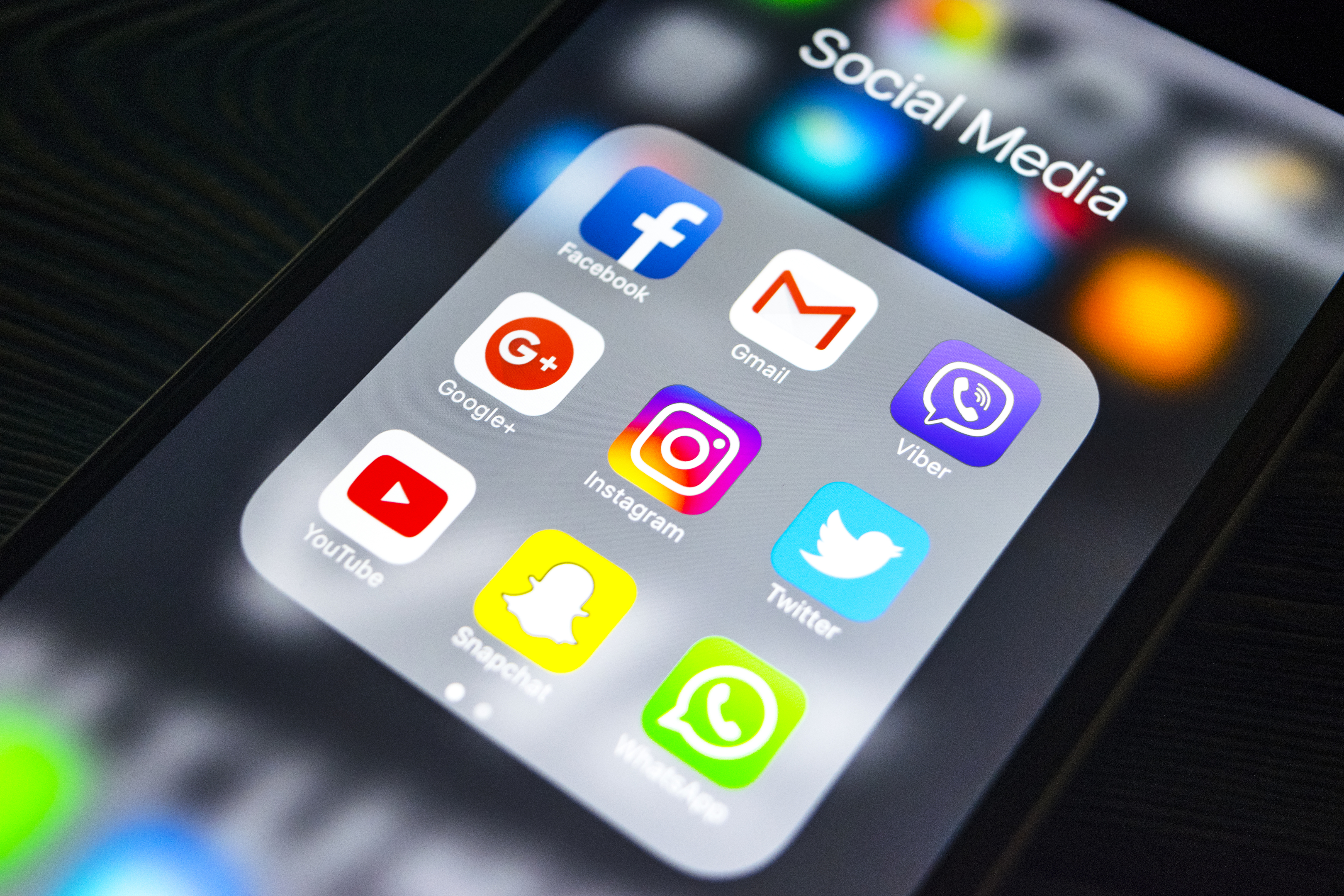
ALMOST a third of young people say that technology such as social media is making them feel lonely, new research has found.
A report found 30% of 18 to 24-year-olds quizzed said technology such as social media is causing them to feel lonely as it has replaced face-to-face contact.
The study also found loneliness impacts on the mental health of many young people, with more than two-thirds (67%) saying it worsened as a result of feeling lonely.
More than half (51%) of those questioned for the Mental Health Foundation research said they experience depression when they feel lonely, with 42% saying it leads to anxiety.
The Mental Health Foundation is calling for the Scottish Government to place health and wellbeing at the heart of the school curriculum to avoid an “imminent mental health storm”.
With 2018 being Scotland’s Year of Young People, the charity warned too many young adults are struggling with mental health problems and is urging immediate action to tackle the problem.
Isabella Goldie, director of development and delivery at the Mental Health Foundation, said: “Loneliness among younger people is hugely under-reported but our research is clear that social isolation affects the mental health of young people more than any other age group.
“Our children are finding life harder to navigate than previous generations and, worryingly, they are living with high levels of distress. This is something we can no longer choose to ignore.
“Relationships and social connections remain at the heart of what makes and breaks our mental health.
“A child’s ability to communicate and form relationships is vital right from the point that they enter the education system if they are to thrive at school – and ‘school readiness’ is one of the strongest predictors of whether a child will go on to develop mental health problems.”
She added: “If the Scottish Government is serious about making 2018 the Year of Young People, then it must place health and wellbeing at the heart of the school curriculum – not at the sidelines as it currently is.
“It needs to invest in school-based counselling and give teachers the training they need to create inclusive environments and explore mental health
“Too many of our young people are not thriving and unless we act now, we will face an imminent mental health storm.”
The charity said loneliness can contribute to stress, anxiety, depression, paranoia and cognitive decline, and is a well-known factor in suicide.
The study of 250 young people found more than eight in ten (82%) said spending time face to face with others improves their mental health.
The research suggests the stigma of loneliness remains the greatest barrier to seeking help as 46% said they would be too embarrassed to talk about it and 52% feel they ought to cope with the problem themselves.
The research was carried out by YouGov at the end of November.

Enjoy the convenience of having The Sunday Post delivered as a digital ePaper straight to your smartphone, tablet or computer.
Subscribe for only £5.49 a month and enjoy all the benefits of the printed paper as a digital replica.
Subscribe